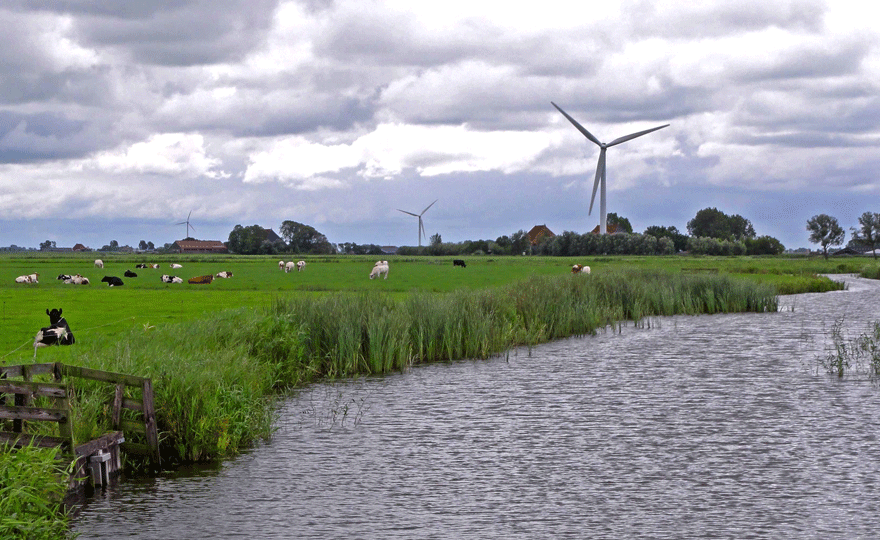ClientEarth Communications
29th October 2018


On 9 October, the Hague Court of Appeal upheld the historic judgement of the District Court in Urgenda’s Climate Case of 2015. The judgment confirms the District Court’s conclusion that the Netherlands must reduce its greenhouse gas emissions by 25% before 2020 to meet its obligations under national law.
This is a landmark victory. The original District Court case inspired a wave of climate lawsuits worldwide, initiated by citizens with the aim to hold their governments accountable for the lack of action against Climate Change. For the Court of Appeal to state in such clear language that the Dutch State had violated its international human rights obligations adds further motivation to climate defenders everywhere.
The judgement is also significant from an access to justice perspective. For one, the judgement provides an important precedent on how affected individuals and public interest organizations can use private law concepts, such as the duty of care, to obtain remedies in the climate context. In the Netherlands, public organizations that have previously raised an issue with the responsible public authorities are permitted to bring cases that pursue a general interest defined in their by-laws (in this case, working for a sustainable society) under the Civil Code. The Urgenda case demonstrates the value of such a provision, as both the affected individuals and their representative organizations were found to have standing.
Besides confirming the decision on standing of the District Court, the Court of Appeal further broadened the standing before Dutch courts for public interest groups defending the rights attributed to European citizens under the European Charter for Human Rights (ECHR).
In the proceedings before the District Court, one of the grounds that the Urgenda Foundation had relied on was the State’s violation of Articles 2 and 8 of the ECHR, respectively protecting a person’s right to life and the right to private life and family life. While the District Court did use articles 2 and 8 of the ECHR to define and interpret the national legal principles the State was considered to be in non-compliance with, the District Court did not consider whether the State had violated the ECHR itself.
This was because the District Court considered that Urgenda did not meet the criteria for the status of ‘potential victim’ within the sense of Article 34 ECHR and therefore could not directly rely on Articles 2 and 8 ECHR.
In an interesting turn, the Hague Court of Appeal dismissed this part of the District’s Court Judgement. It stated that ‘the district court fails to acknowledge that Article 34 ECHR (only) concerns access to the European Court of Human Rights (ECtHR)’ and argues that the ECtHR has not given an definite answer about access to the Dutch courts, as this falls to be decided by Dutch judges. It proceeds to state that: ‘This means that Article 34 ECHR cannot serve as a basis for denying Urgenda the possibility to rely on Articles 2 and 8 ECHR in these proceedings.’ The Court of Appeal then found Urgenda's grounds to be admissible, based on their rights as a public interest organization under the Dutch Civil Code.
Not only does the Court of Appeal’s Judgement have the potential to open the door to further ECHR based environmental litigation in the Netherlands, it will hopefully also persuade other national courts not to dismiss challenges by environmental NGOs and other public interest groups based on Article 34 ECHR.
Access to Justice is a fundamental means through which citizens and NGOs can support the implementation and enforcement of laws and policies to protect the environment. The goal of this ATOJ-EARL project is to achieve “Access to Justice for a Greener Europe”. It strives to enhance access to justice in environmental matters by providing information, training and support for the judiciary, public authorities and lawyers of eight European member states. ClientEarth and Justice and Environment are implementing this project with the financial support of the European Commission’s LIFE instrument.
